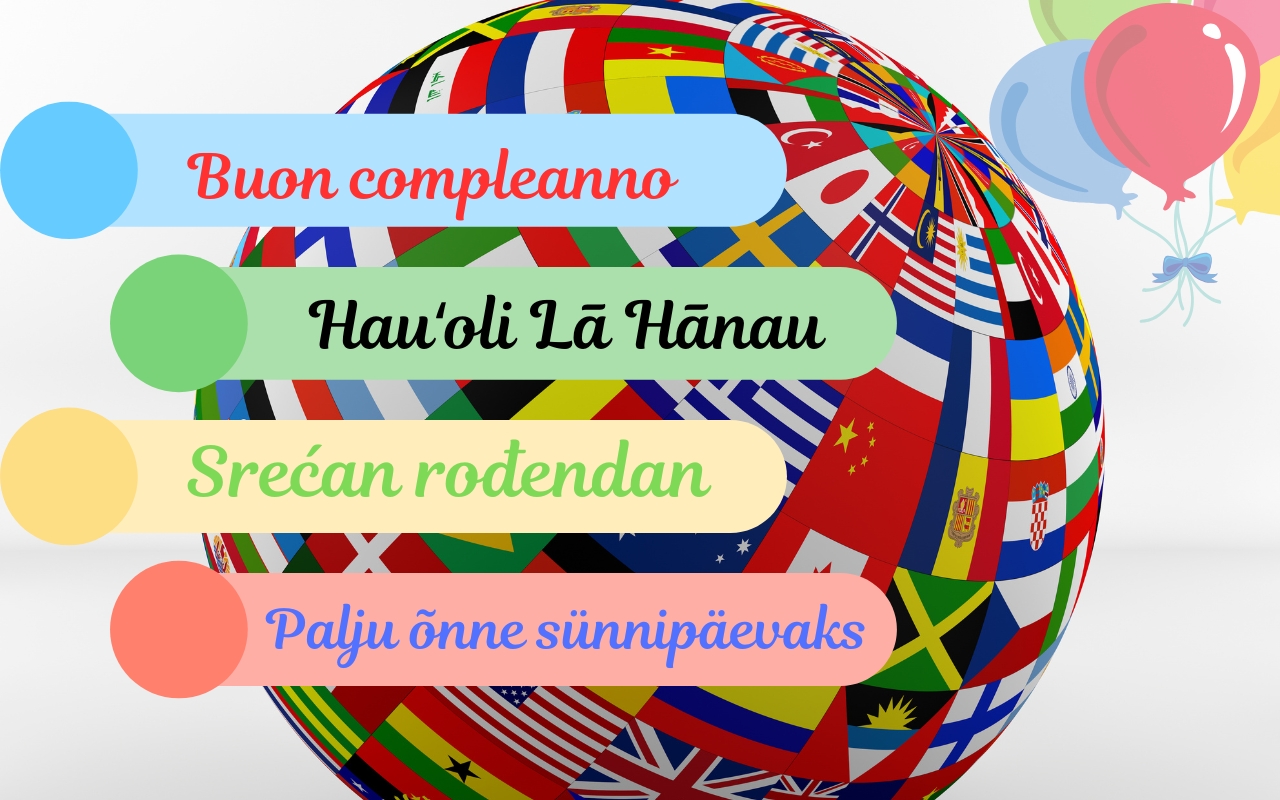The phrase Happy Birthday may sound simple, but its meaning stretches far beyond the words.
Every culture has its own way of honoring a birthday. Some use poetic forms. Some sing with joy. Others keep it short and light.
This guide brings together happy birthday in different languages. Not just translations, but the real ways people say them.
Some are formal. Some informal. Some come with their own unique customs or phrases that don’t directly translate into English. But all of them matter.
Some informal. Some come with their own unique customs or phrases that don’t directly translate into English. But all of them matter.
Say Happy Birthday in 50 different languages:
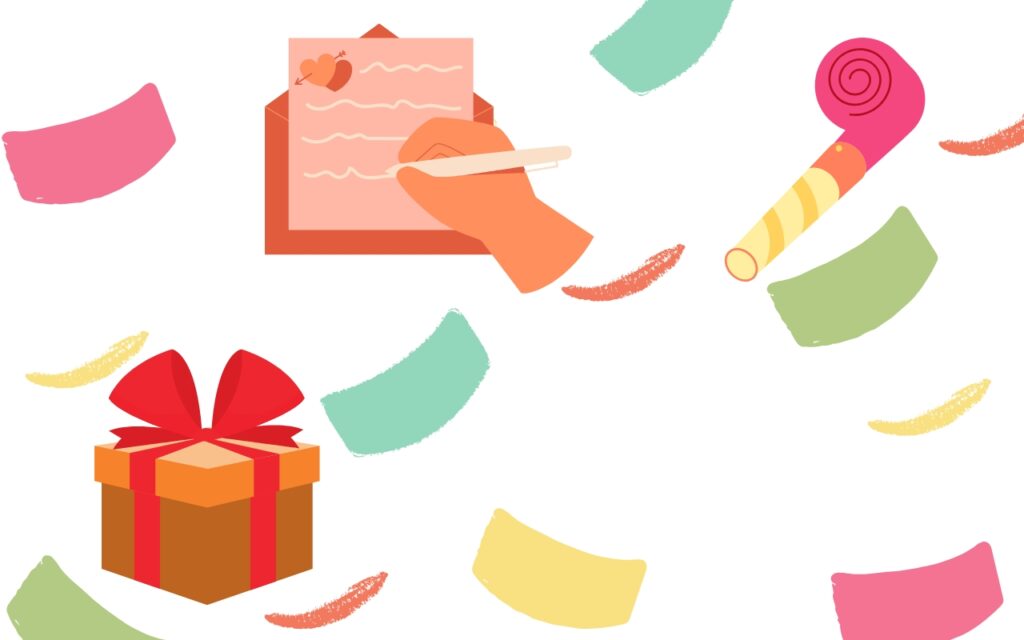
- Spanish – Feliz cumpleaños
- French – Joyeux anniversaire
- German – Herzlichen Glückwunsch zum Geburtstag
- Italian – Buon compleanno
- Japanese – お誕生日おめでとうございます (Otanjoubi omedetou gozaimasu)
- Hawaiian – Hauʻoli Lā Hānau
- Mandarin Chinese – 生日快乐 (Shēngrì kuàilè)
- Korean – 생일 축하합니다 (Saengil chukhahamnida)
- Arabic – عيد ميلاد سعيد (Eid milad sa’id)
- Hindi – जन्मदिन मुबारक हो (Janmadin mubarak ho)
- Portuguese – Feliz aniversário
- Dutch – Gefeliciteerd met je verjaardag
- Russian – С днём рождения (S dnyom rozhdeniya)
- Greek – Χρόνια πολλά (Chronia polla)
- Polish – Wszystkiego najlepszego z okazji urodzin
- Hebrew – יום הולדת שמח (Yom huledet sameach)
- Swahili – Heri ya siku ya kuzaliwa
- Zulu – Usuku oluhle lokuzalwa
- Serbian – Srećan rođendan
- Croatian – Sretan rođendan
- Bosnian – Sretan rođendan
- Romanian – La mulți ani
- Hungarian – Boldog születésnapot
- Czech – Všechno nejlepší k narozeninám
- Slovak – Všetko najlepšie k narodeninám
- Turkish – Doğum günün kutlu olsun
- Persian – تولدت مبارک (Tavalodet mobarak)
- Malay/Indonesian – Selamat ulang tahun
- Tagalog (Filipino) – Maligayang kaarawan
- Vietnamese – Chúc mừng sinh nhật
- Thai – สุขสันต์วันเกิด (S̄uk̄hs̄ạnt̒ wạn keid)
- Bengali – শুভ জন্মদিন (Shubho jonmodin)
- Tamil – பிறந்தநாள் வாழ்த்துக்கள் (Piṟantanāḷ vāḻttukkaḷ)
- Telugu – పుట్టినరోజు శుభాకాంక్షలు (Puṭṭinarōju śubhākāṅkṣalu)
- Marathi – वाढदिवसाच्या शुभेच्छा (Vāḍhdivasācyā śubhecchā)
- Ukrainian – З днем народження (Z dnem narodzhennya)
- Norwegian – Gratulerer med dagen
- Finnish – Hyvää syntymäpäivää
- Swedish – grattis på födelsedagen
- Icelandic – Til hamingju með afmælið
- Estonian – Palju õnne sünnipäevaks
- Latvian – Daudz laimes dzimšanas dienā
- Lithuanian – Su gimtadieniu
- Georgian – გილოცავ დაბადების დღეს (Gilotsav dabadebis dghes)
- Armenian – Ծնունդդ շնորհավոր (Tsnundd shnorhavor)
- Nepali – जन्मदिनको शुभकामना (Janmadinko shubhakamana)
- Sinhala – උපන්දිනය සතුටින් (Upandina satutin)
- Urdu – سالگرہ مبارک (Salgirah mubarak)
- Azerbaijani – Ad günün mübarək
- Albanian – Gëzuar ditëlindjen
Whether you’re sending a message to a friend abroad, traveling, or just love languages, it’s a meaningful gesture.
Happy Birthday in Spanish
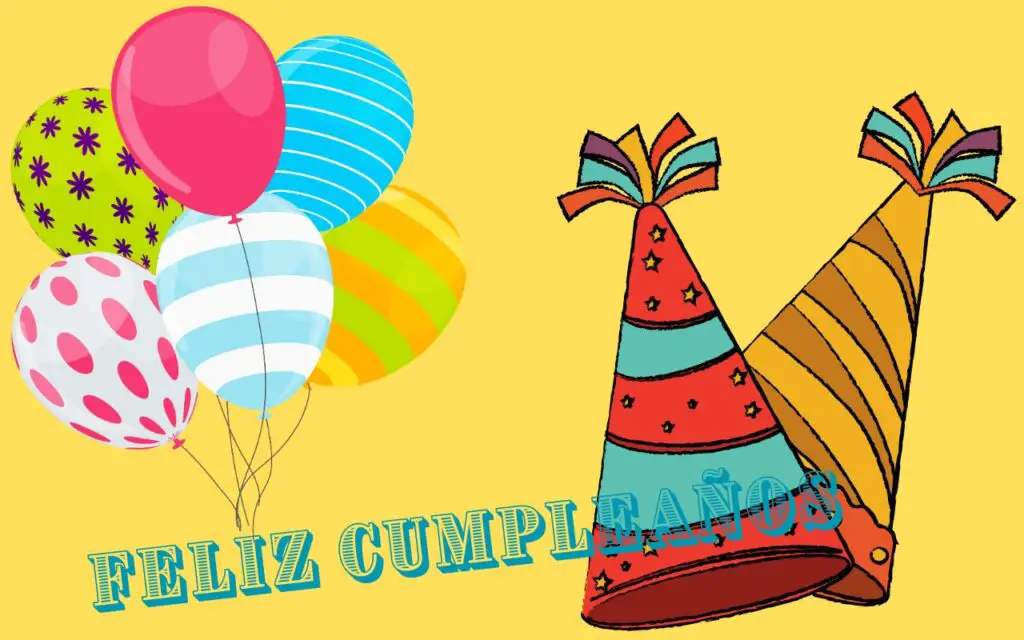
Feliz cumpleaños
Spanish keeps it simple. The most common phrase is Feliz cumpleaños. It translates directly to Happy Birthday.
But in many Spanish-speaking countries, you’ll also hear:
- Felicidades – literally means Congratulations.
- Que cumplas muchos más – “May you have many more.”
In Mexico, birthday traditions often include Las Mañanitas, a birthday song sung early in the morning. It’s melodic, affectionate, and cherished across generations.
Listen on YouTube
Tip
In informal settings, especially among close friends or family, just saying Felicidades is perfectly normal and often more natural.
Did You Know?
In Spanish, accents aren’t optional—they can save you from saying something truly awful. For example:
Mi papá tiene 47 años = My dad is 47 years old.
Mi papa tiene 47 anos = My potato has 47 assholes.
One little squiggle on the ñ is the difference between “years” and… well, a disaster. So, if you’re writing birthday cards in Spanish, always double-check your años. Your dad—and your dignity—will thank you.
Happy Birthday in French
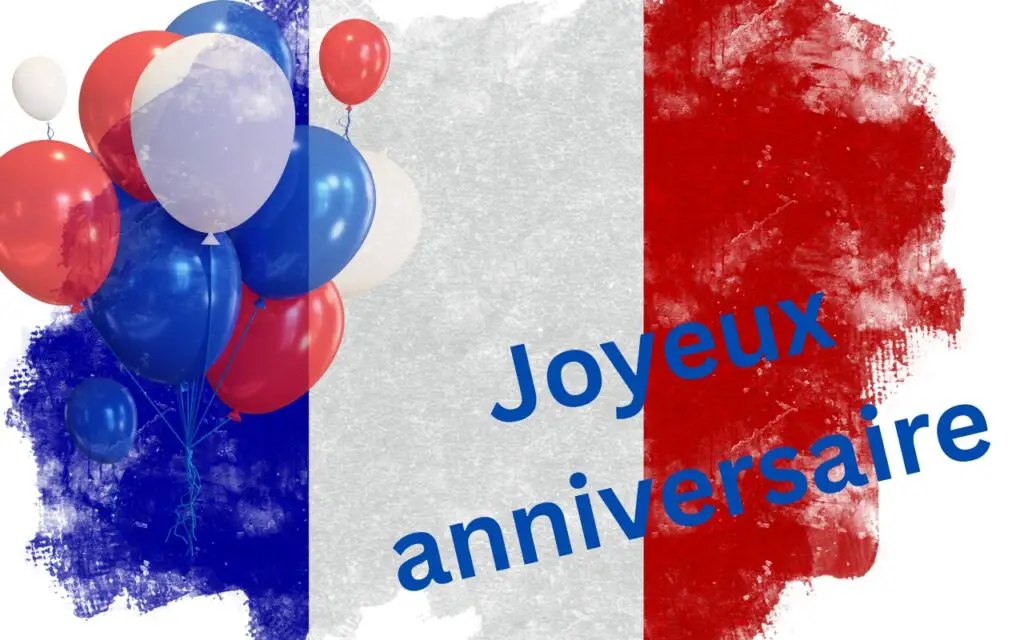
Joyeux anniversaire
France says it with style: Joyeux anniversaire. It’s the go-to greeting, heard in cards, emails, and in person.
Some regions also use:
- Bon anniversaire – less common, but still correct.
- Félicitations – in specific formal settings.
In French-speaking Africa and parts of Canada, birthday songs may shift in tone and tempo, reflecting both European and local musical influences.
Happy Birthday in German
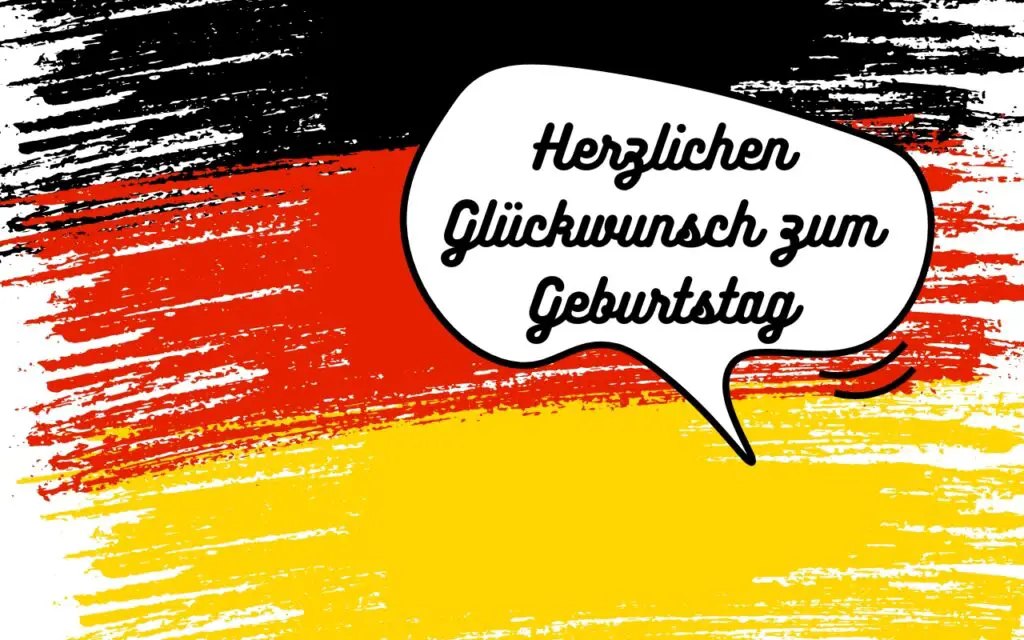
Herzlichen Glückwunsch zum Geburtstag
German takes the prize for length. The full phrase: Herzlichen Glückwunsch zum Geburtstag, meaning Heartfelt congratulations on your birthday.
Casual alternatives include:
- Alles Gute zum Geburtstag – the most widely used version.
- Zum Geburtstag viel Glück – used in songs or cards.
German speakers often wish luck rather than just joy. It’s a subtle cultural detail—Glück reflects hope for success, health, and general well-being.
Happy Birthday in Italian
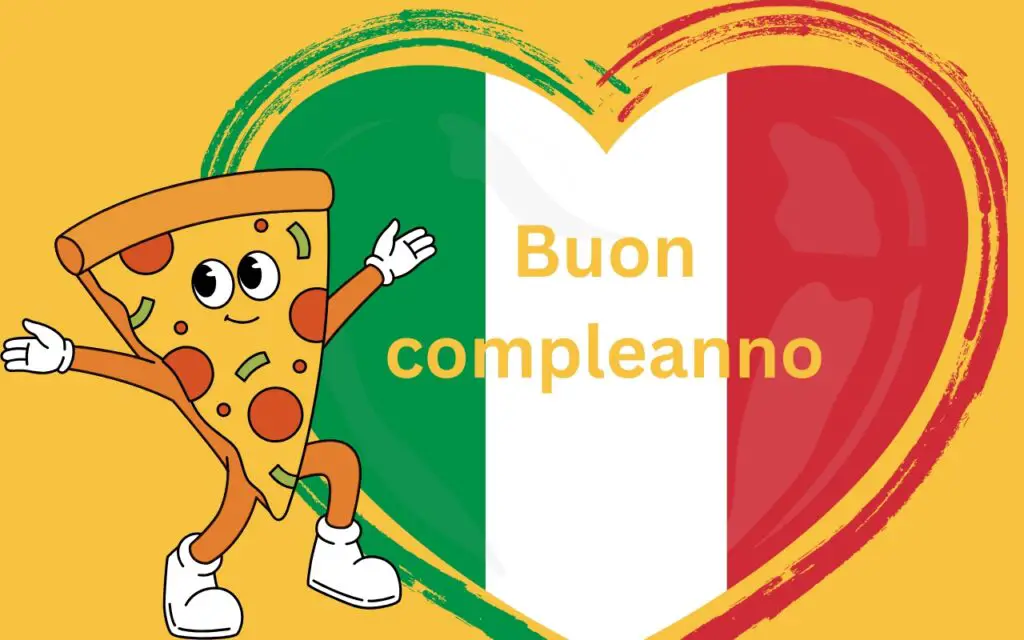
Buon compleanno
The Italian version, Buon compleanno, rolls off the tongue smoothly. Italians may also use:
- Tanti auguri – literally “many wishes.”
- Auguroni – a more enthusiastic form.
The birthday song usually adapts the Tanti auguri a te melody, similar to the English tune. Gifts are common, but the focus is more on food, family, and warmth than elaborate parties.
Listen on YouTube
Happy Birthday in Japanese
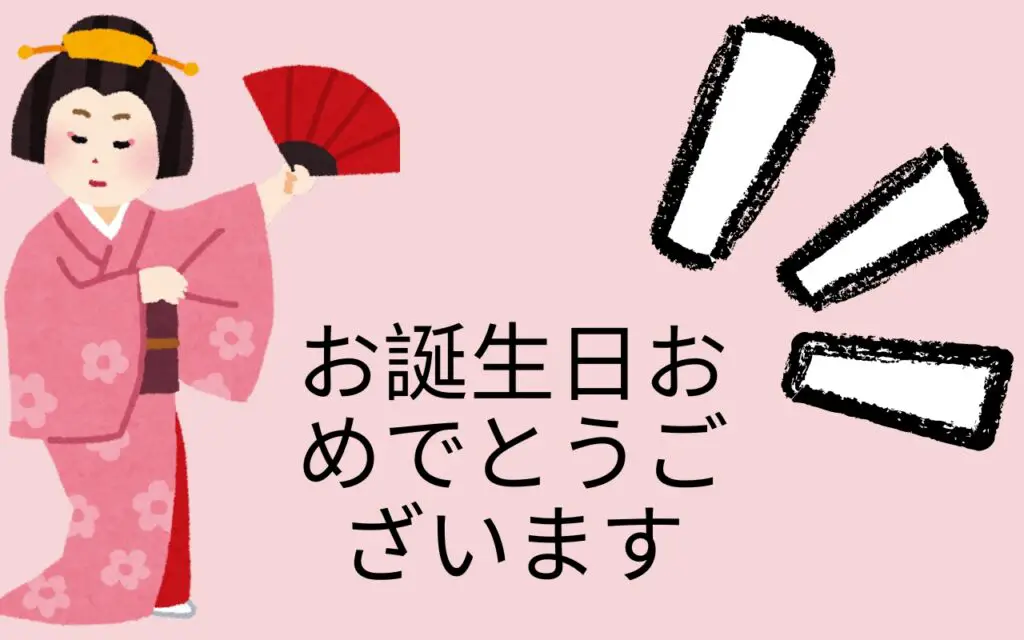
お誕生日おめでとうございます (Otanjoubi omedetou gozaimasu)
This formal phrase is the correct way to say Happy Birthday in Japanese.
For friends or younger people, you can say:
- お誕生日おめでとう (Otanjoubi omedetou) – casual version.
- Or simply: おめでとう (Omedetou) – “Congratulations!”
Birthdays weren’t always celebrated in Japan the way they are now. The Western-style birthday party grew in popularity post-WWII. Today, it’s common to combine traditional Japanese treats like mochi or wagashi with Western-style cake.
Happy Birthday in Hawaiian
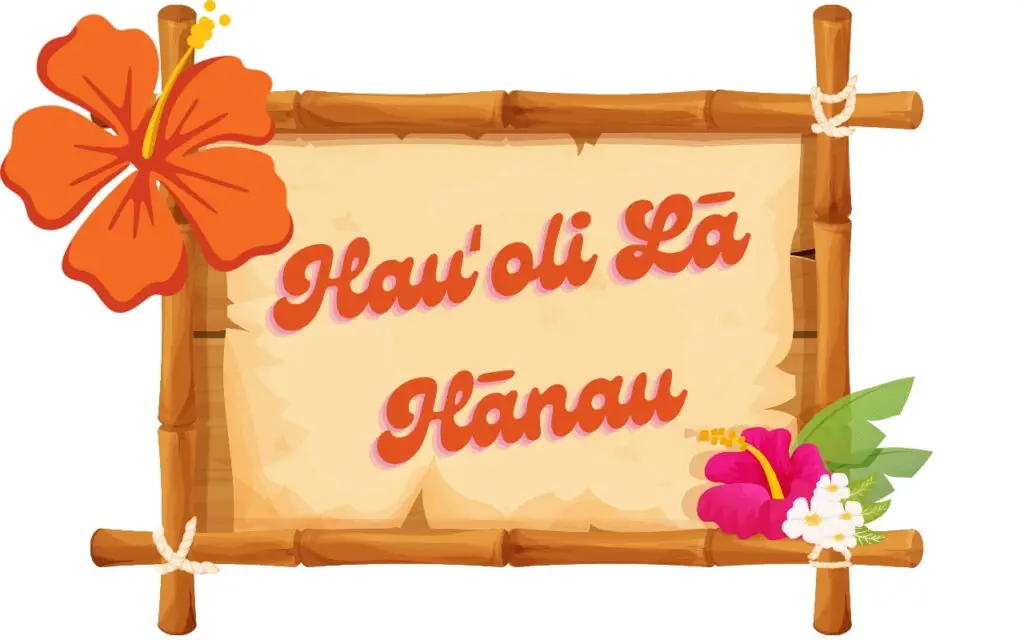
Hauʻoli Lā Hānau
Hawaiian language captures warmth in every syllable. Say Hauʻoli Lā Hānau to celebrate a birthday.
Often spoken with music or during a luau, this greeting carries the relaxed, loving tone native to the islands. English and Hawaiian are often mixed:
“Happy Birthday! Hauʻoli Lā Hānau, cousin!”
Cultural respect is key when using Hawaiian. It’s not just a language—it’s a living connection to identity and heritage.
Did You Know?
In Hawai‘i, a child’s first birthday is more than just a milestone. Historically, it marked survival. High infant mortality in past centuries meant that reaching age one was rare and precious.
Families celebrated it with deep gratitude—often with large gatherings, food, music, and ceremony.
That tradition continues today with baby lūʻau celebrations that honor life, family, and community.
Happy Birthday in Mandarin Chinese
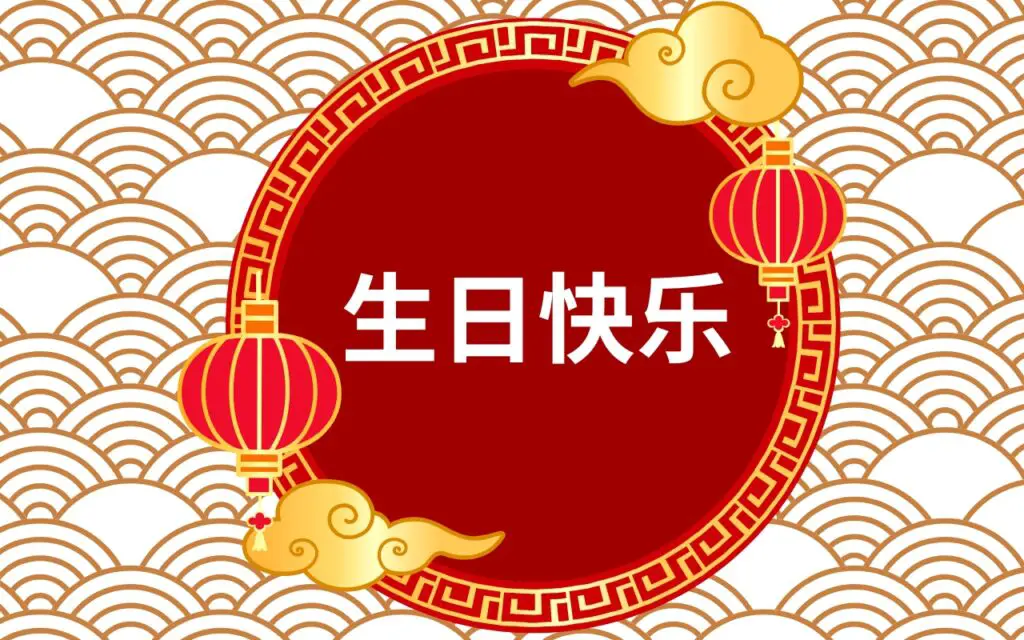
生日快乐 (Shēngrì kuàilè)
In Mandarin, the greeting is Shēngrì kuàilè – literally “Birthday happy.”
Structure:
- 生日 (Shēngrì) = birthday
- 快乐 (Kuàilè) = happy
In formal situations, speakers might say:
祝你生日快乐 (Zhù nǐ shēngrì kuàilè) – “I wish you a happy birthday.”
Traditional Chinese culture didn’t always mark birthdays annually. Some people celebrated based on the lunar calendar. Today, Western-style celebrations are common, especially among youth.
Did You Know?
Many Chinese people technically have two birthdays. One based on the Gregorian calendar (used worldwide), and the other on the traditional lunar calendar. Families often follow the lunar date for private, ancestral, or cultural rituals.
Meanwhile, the Gregorian date is used for public celebrations or with friends. This dual system is still common and respected across generations.
Anyway, if you have more excuses to celebrate your birthday, then why not? In America, for example, birthday traditions include a golden and diamond birthday—when your age matches the day of the month you were born, like turning 25 on the 25th.
Another fun excuse for a special celebration.
Happy Birthday in Korean
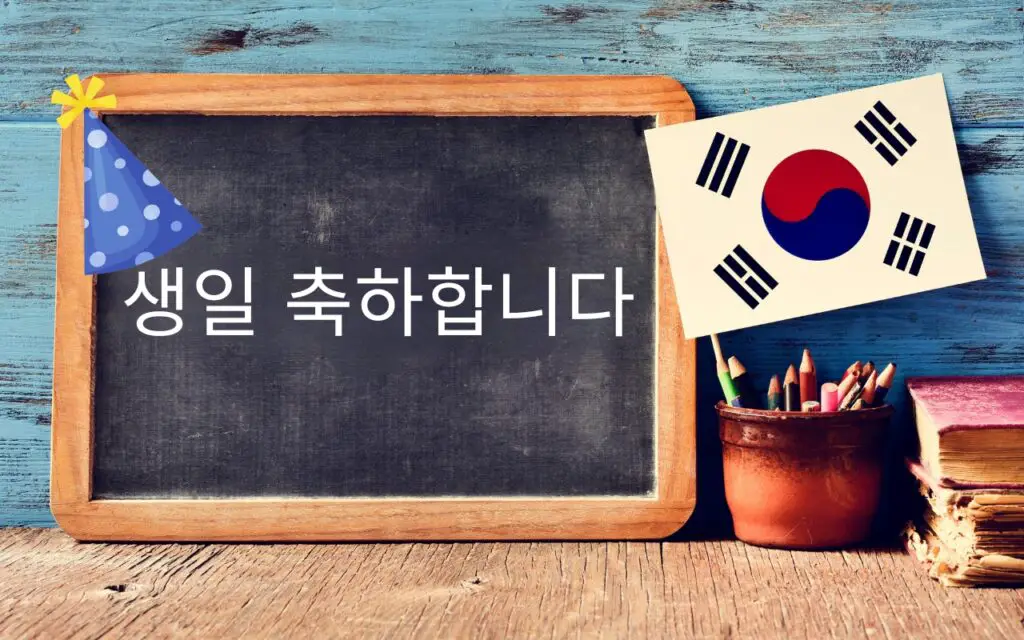
생일 축하합니다 (Saengil chukhahamnida)
Koreans say Saengil chukhahamnida in formal situations.
Casual version:
생일 축하해요 (Saengil chukhahaeyo)
Traditionally, Korean birthdays include miyeokguk (seaweed soup) in the morning, seen as a nourishing ritual going back to birth. Formal greetings are still common even among friends, reflecting deep cultural respect.
Happy Birthday in Arabic
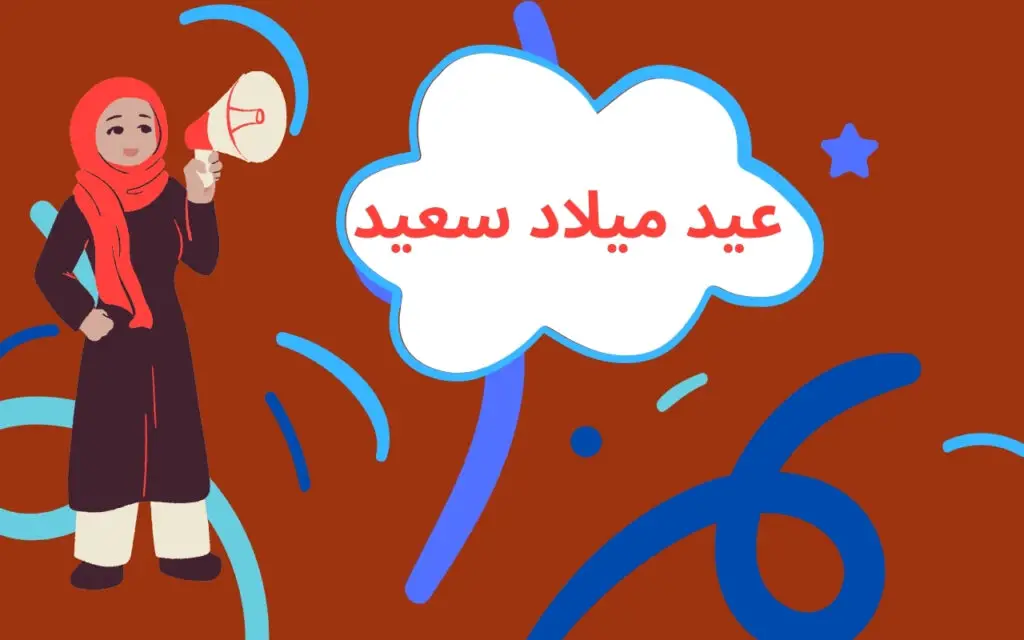
عيد ميلاد سعيد (Eid milad sa’id)
Arabic speakers often say Eid milad sa’id, which literally means Happy feast of birth.
In casual settings:
- كل سنة وأنت طيب (Kol sana wa enta tayyib) – “May you be well every year.”
- For women: كل سنة وأنتِ طيبة (Kol sana wa enti tayyiba)
Arabic has dialects that differ by country. Levantine Arabic, Egyptian Arabic, and Gulf Arabic each have slight variations in phrasing and pronunciation. In Morocco, for example, French influence means you might hear “Bon anniversaire” just as often.
Did You Know?
In many Arab cultures, birthdays are not just personal—they’re communal. Guests often bring not only gifts but also recite poetic blessings or religious phrases wishing the person a life of peace, health, and prosperity.
In some traditional households, the birthday child also gives return gifts as a gesture of gratitude, especially in rural communities where hospitality is sacred.
Gift-giving holds profound significance in Middle Eastern cultures, serving as a cornerstone of hospitality and respect.
In Middle Eastern settings, the exchange of gifts symbolizes the fostering of relationships and the expression of gratitude.
It is governed by strict etiquette, emphasizing the importance of thoughtful gestures and reciprocity.
Happy Birthday in Hindi
जन्मदिन मुबारक हो (Janmadin mubarak ho)
In Hindi, you say Janmadin mubarak ho. This greeting is deeply rooted in Urdu and Persian influences.
Other informal versions:
- Janmadin ki shubhkamnayein – “Best wishes for your birthday.”
- Badhai ho – a general way of saying congratulations.
In many Indian households, birthdays begin with blessings from elders. Touching feet, lighting incense, and sharing sweets follow before the celebration starts.
Tip
In informal settings, especially among close friends or family, just saying Felicidades is perfectly normal and often more natural.
Did You Know?
In Spanish, accents aren’t optional—they can save you from saying something truly awful. For example:
- Mi papá tiene 47 años = My dad is 47 years old.
- Mi papa tiene 47 anos = My potato has 47 assholes.
One little squiggle on the ñ is the difference between “years” and… well, a disaster. So, if you’re writing birthday cards in Spanish, always double-check your años. Your dad—and your dignity—will thank you.
Conclusion: Words That Carry the World
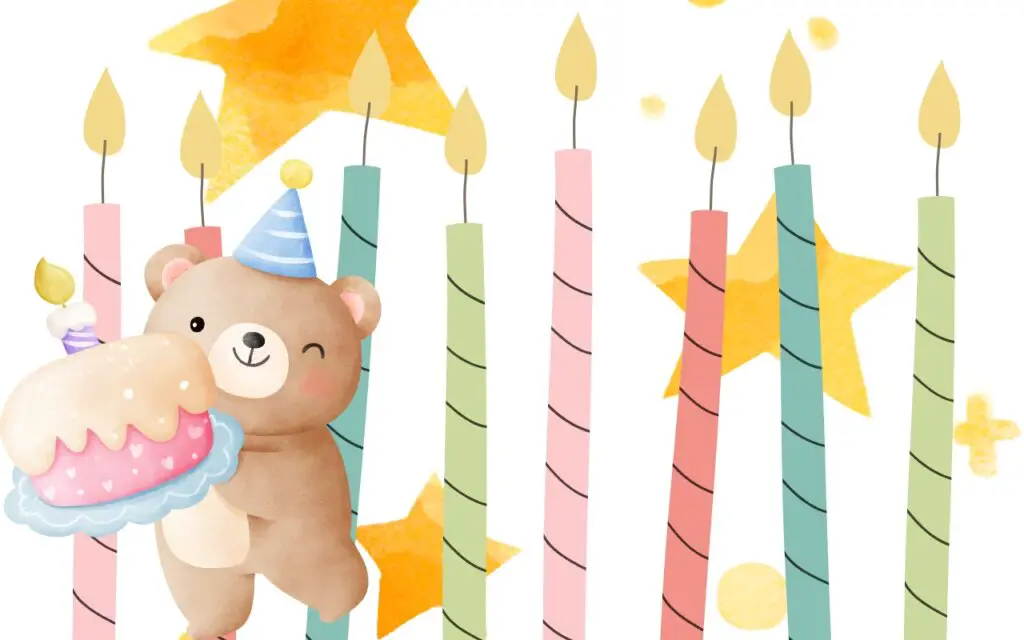
The way people say Happy Birthday changes with language, but the feeling stays the same. A birthday greeting becomes a thread connecting us—across borders, alphabets, and belief systems.
For travelers, knowing just a few of these phrases can open up real conversations. For language lovers, it’s a small way to honor culture. For those far from home, it’s a reminder that a simple wish in your native language can bring comfort, memory, or joy.
It’s not just a translation. It’s tradition, tone, and timing. And it’s always worth saying—no matter where you are.
Share with us in the comment, how do you say Happy Birthday in your language?

